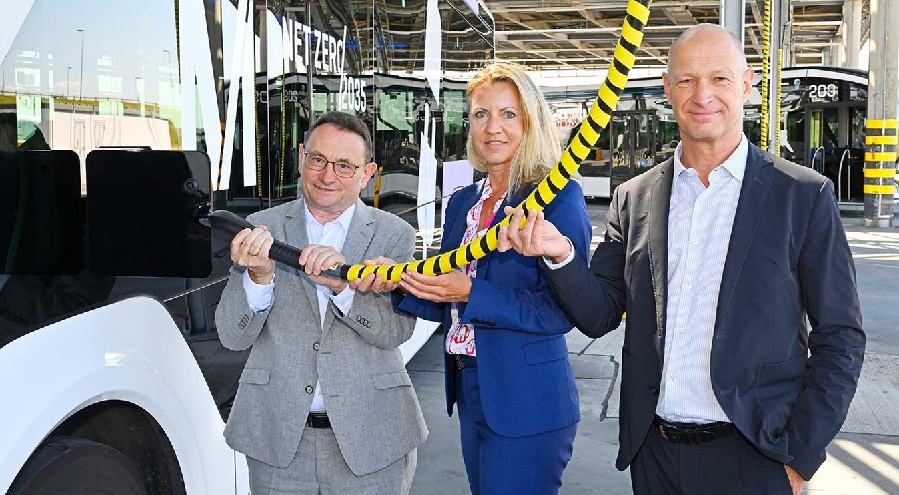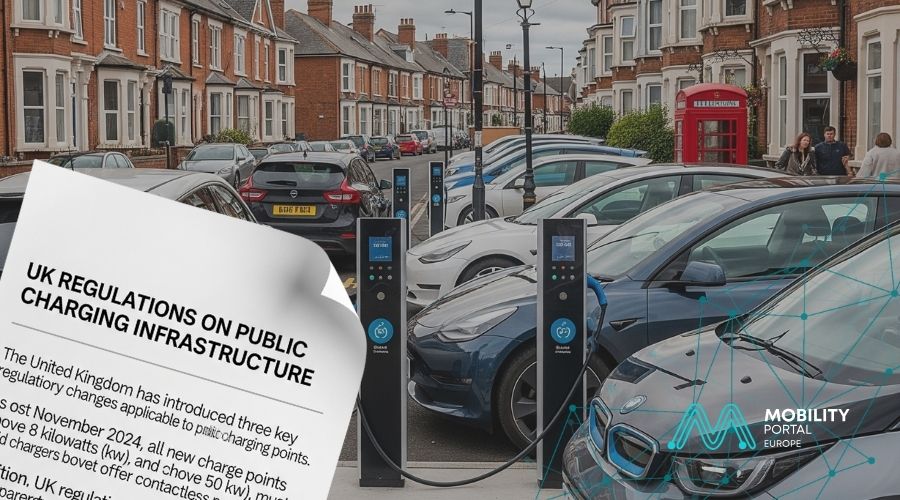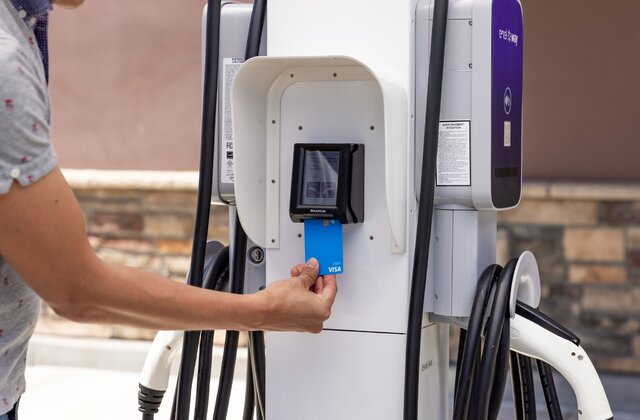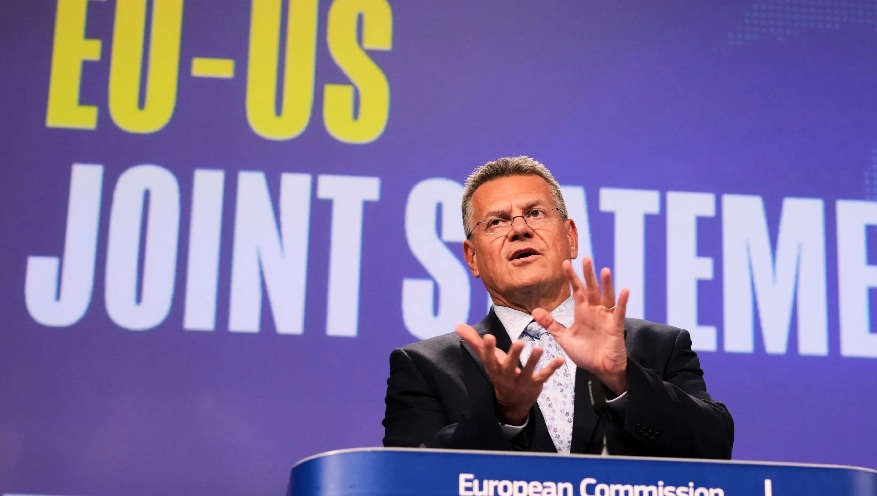Munich Airport, along with its ground handling subsidiary AeroGround, has officially launched a new electric bus depot.
The event was attended by Ulrich Lange, Parliamentary State Secretary at the Federal Ministry for Digital and Transport, Munich Airport CEO Jost Lammers, and AeroGround Managing Director David Konradi, along with representatives from NOW GmbH and MAN Truck & Bus.
Located on the southern part of the airport, the depot currently features 37 charging stations for battery-electric passenger transport vehicles.
An additional 13 charging points are scheduled to go online end of summer 2025 as part of the next construction phase.
A third expansion stage is planned within the next two years, which will include 22 more chargers and carports equipped with photovoltaic systems.
“Half of our current ground fleet already runs on battery power. This project is another big step forward for our ‘Net Zero 2035’ strategy, bringing us closer to operating as a carbon-neutral airport,” says Lammers.
Ulrich Lange states: “By subsidizing 72 electric buses and the associated charging infrastructure, we are providing Munich Airport with targeted support to modernize its bus fleet. This sends a clear signal for progressive mobility, both for domestic and international guests.”
The “Net Zero 2035” sustainability strategy aims to ensure that Munich Airport’s operations leave no CO₂ footprint by 2035 at the latest.
Thanks to its eBus fleet, Munich Airport currently saves more than 2,000 tons of CO₂ annually.
Once the full transition to electric vehicles is complete, this figure is expected to rise to over 4,000 tons per year.
As of May 2025, AeroGround operates 37 zero-emission transport units for apron passenger services, consisting of 20 standard-length and 17 articulated buses.
An additional 18 vehicles will join the fleet by year’s end.
The long-term target is to expand to up to 72 vehicles, in line with operational needs and charging capacity.
Beyond passenger shuttles, AeroGround is steadily converting all ground handling equipment to alternative powertrains.
In 2024 alone, 173 new zero-emission vehicles were introduced, including transporters, conveyor belts, stairs, lift trucks and passenger cars.
The project is funded under the ‘Guideline for the promotion of alternative drives for buses in passenger transport’ with a total of 23,8 million euros by the Federal Ministry for Transport (BMV).
Funding for this measure is also provided under the German Recovery and Resilience Plan (DARP) via the European Recovery and Resilience Facilities (ARF) in the NextGeneration EU program.
The funding guideline is coordinated by NOW GmbH and implemented by Project Management Jülich (PtJ).
READ MORE
-
UK regulates chargers but users warn: “Rules are not keeping pace with EV purchase targets”
The UK has introduced three public charging regulations and a fourth is coming, but the e-mobility sector warns they are slow to implement and still exclude key user groups.
-
“Abuse of dominant position”: Italy fines Enel X €2 million
The AGCM found that Enel X was charging a wholesale price to competing EMSPs that was so high it made it impossible for them to compete profitably with Enel’s own retail prices offered to end-users on its app.
-
EU pushes to cut tariffs on US-made cars starting 1 August
Washington will take steps to reduce the current 27.5% U.S. tariffs on cars and car parts, a huge burden for European carmakers.










